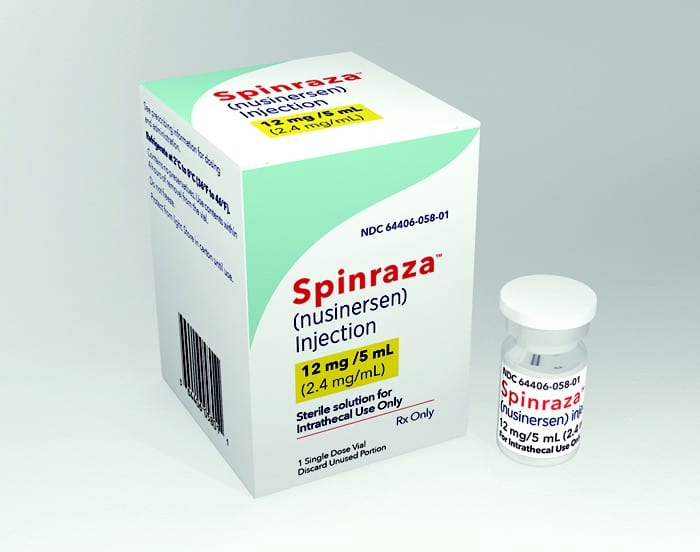
NICE appraisals are unfair to rare disease patients, with routine access to new medicines delayed or prevented entirely due to “inflexible, inappropriate” assessment methods.
That’s the conclusion of a report published by market access consultancy MAP BioPharma (MAP) which is urging England’s cost effectiveness watchdog to work with NHS England, the government and rare disease charities to change its approach.
NICE is set to begin reviewing all new medicines reaching the market, and MAP say this make it essential for it to review its rare disease methodology.
It recommends that NICE adopts five ‘flexibilities’, including different data requirements and value assessments, which it says could create a fairer system with faster access for patients.
NICE has a Highly Specialised Technology (HST) appraisal, which has seen a number of innovative pricing and reimbursement deals done with companies to bring orphan and ultra-orphan drugs to NHS patients. However many rare diseases do not qualify for this pathway, and must therefore be appraised via its standard Single Technology Appraisal (STA) process.
The most high profile example of this is Biogen’s Spinraza (nusinersen) a first-in-class treatment for Spinal Muscular Atrophy (SMA), a devastating life-limiting condition. The drug was approved in Europe in June 2017 but is still not available on the NHS in England.
NICE rejected the drug in draft guidance in August last year, citing its high cost (an estimated £450,000 for a first year of treatment and £225,000 for subsequent years) as a barrier to its use, despite strong evidence of its effectiveness in some patients.
In contrast, Scotland has just given the drug the go-ahead for access on the NHS.
The new report says the STA is not fit for purpose for these treatments, and is inflexible compared to arrangements in Scotland and Wales.
MAP says that of the 24 completed STA reviews of rare disease medicines between 2013 and 2017, very few (13%) were recommended for the full eligible population (in line with marketing authorisation). This compares with a full recommendation for more than two thirds of other medicines.
In the same period 50% of rare disease medicines were given a “restricted recommendation”, compared to just 21% of non-rare disease medicines.
Meanwhile, it says the STA criteria fail to take into account the nature of rare disease medicines both in terms of the evidence base, unmet need and cost.
MAP BioPharma CEO, Christian Hill says this is one of the biggest obstacles to patient access:
“MAP’s research illustrates that the current processes are not fit for purpose and we urge NICE, NHS England and the Government to work with us and the rare disease community to review how they can improve patient access to rare disease medicines, and give careful consideration to the case for change and recommendations set out in the report.”
The report has won the endorsement of Genetic Alliance UK, an umbrella organisation which represents many of the UK’s rare disease charities.

Genetic Alliance CEO Jayne Spink
“This report helps to show the systemic failings in our decision-making systems for access to rare disease treatments,” Jayne Spink PhD, chief executive, Genetic Alliance UK.
“This system will continue to fail people living with rare diseases until the fundamental challenges of assessing rare disease treatments are better addressed. We at Genetic Alliance UK, our 220 patient organisation members, and our community look forward to ensuring patient voice plays a crucial role in making positive changes.”
A NICE spokesperson said the Institute welcomed publication of the report. “We share its ambition to ensure innovative treatments in areas of high unmet need that are clinically and cost-effective can reach the people who need them. We will review the report’s recommendations carefully and to that end we will be meeting with its authors to further explore the report’s conclusions ahead of our own forthcoming review of our methods for evaluating new treatments.”
Read the full MAP BioPharma report here




